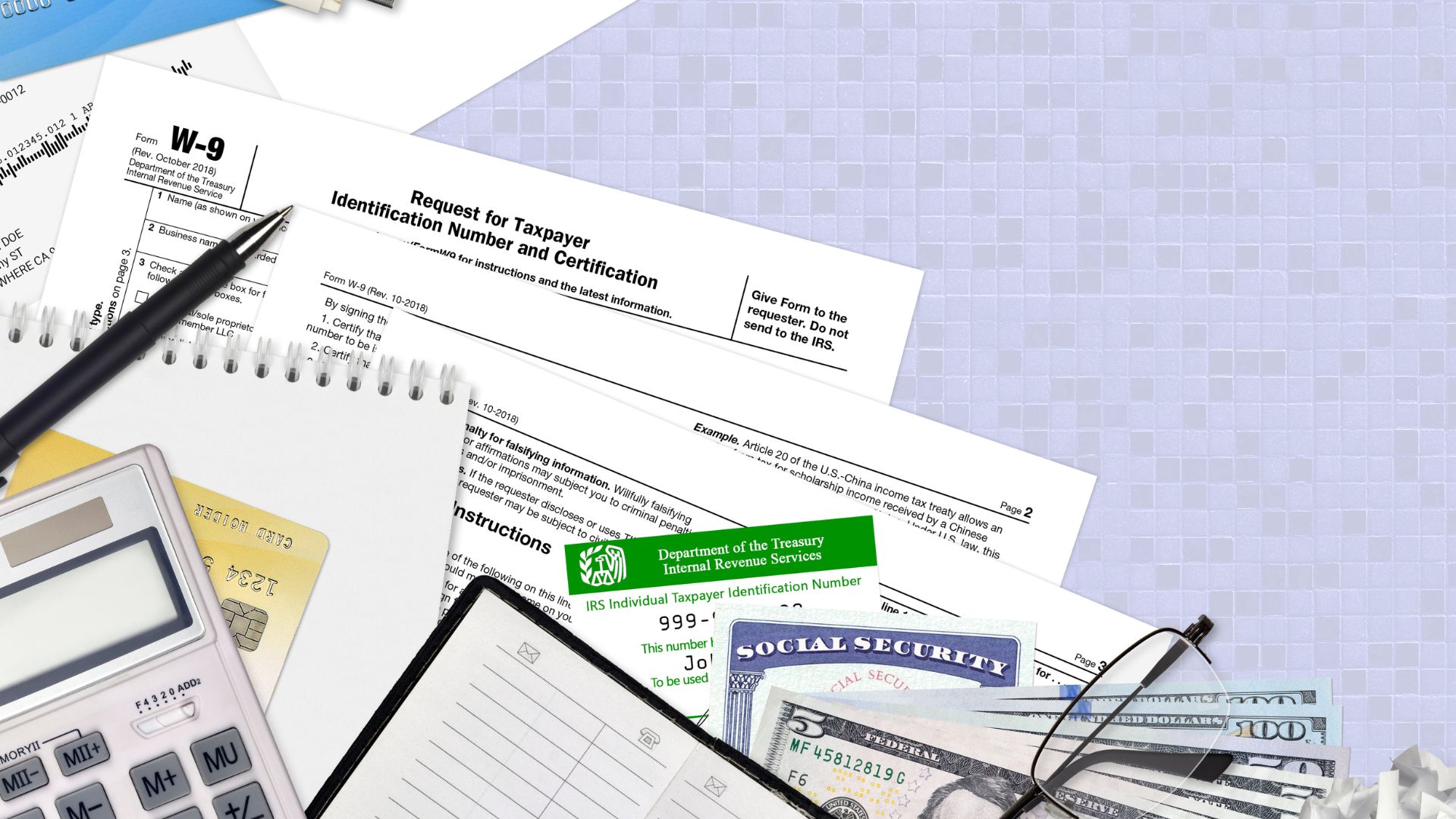The Internal Revenue Service (IRS) has rolled out updated depreciation limitations for passenger automobiles, signaling a potential boon for Small Business Owners, Self-Employed individuals, and Entrepreneurs grappling with vehicle-related expenses. While the increases may not be as substantial as in previous years, they nonetheless provide a welcome adjustment to help offset tax burdens and navigate the complexities of business vehicle deductions.
As outlined in Rev. Proc. 2024-13, these adjustments are part of the annual inflation review, tied to the automobile component of urban consumers’ chained consumer price index. Effective for vehicles acquired after September 27, 2017, and put into service during 2024 and beyond, the new limitations under Sec. 280F(a) offers breathing room for those managing their business fleet.
For those leveraging Sec. 168(k) additional first-year, or “bonus,” depreciation, the first-year limitation sees a modest increase to $20,400, up by $200 from the previous year. While this is a relatively small jump, it marks a notable departure from the more significant increases in recent years. This adjustment could prove considerable for entrepreneurs and small business owners seeking to optimize their tax strategies.
In subsequent tax years, the limitations continue to climb, albeit gradually. The second-year limitation now stands at $19,800, representing a $300 increase from 2023, while the third-year limitation sees a $200 bump to $11,900. Beyond the initial years, the yearly limitations stabilize at $7,160, up by $200 from the preceding year. For those ineligible for bonus depreciation, the first-year limitation settles at $12,400, a $200 increase from 2023.
Furthermore, the revenue procedure clarifies leased vehicles, specifying how deductions must be adjusted under Sec. 280F(c)(2). This inclusion in gross income, determined by a formula applied to a dollar amount, could significantly impact financial planning for those opting for leases rather than outright purchases.
Amidst economic fluctuations, including a 1.3% drop in the price of used cars and trucks and a 1% increase in new car prices for the 12 months ending December 2023, these adjustments provide a balancing act for small business owners and self-employed individuals managing their vehicle expenses amidst shifting market dynamics. With every dollar saved in depreciation deductions, these entrepreneurs gain a valuable edge in sustaining and growing their businesses in an increasingly competitive landscape.
Source ( Journal of Accountancy News).



